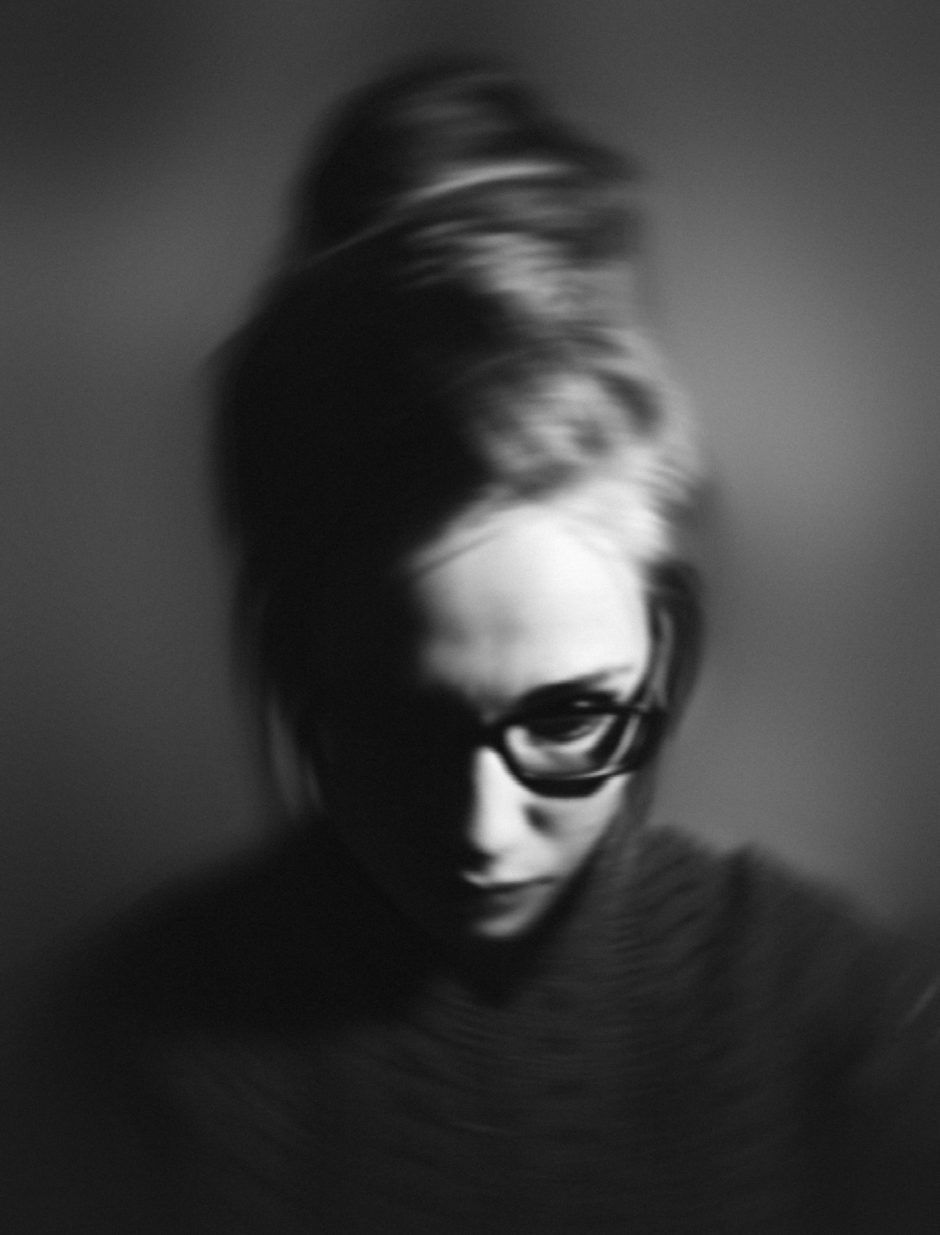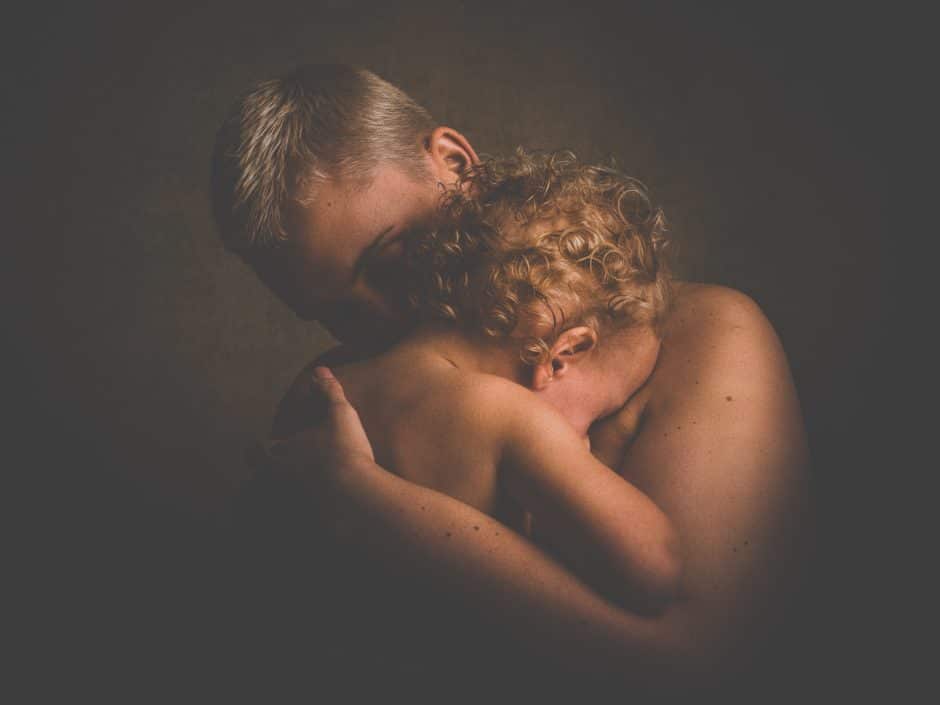By Jillayna Adamson, MA, LPC, LMHC
2020.
Listen to all these people struggling! Are you getting this? People who have never before been able to admit to overwhelming defeat or depression or loneliness are talking about it. They are talking about it on Twitter, on Facebook. They are admitting to it in text messages and on the phone. People are checking in—people are calling and texting each other, they are reaching out. They are expressing understanding of struggle! Forgive my excitement, but are you seeing this widespread empathy? There is openness, understanding! Neighbors are saying to each other, “times are hard and how can I help”? My neighbor made me a latte! (sadly, I couldn’t actually drink it…because, you know- the virus). And with less judgement and reservation. Because they get it. We are getting it.
Of course, this doesn’t apply to every situation, and of course, the world is still full of lots of hatred and cruelty and stupidity—I know. But, I am also seeing this interesting surge of empathy and understanding within people. People are reaching out to each other, talking and opening up more than they previously were. Publically, even! The open communication and expression of such mental strife is a psychotherapist’s dream! We are struggling, don’t get me wrong—but we are also a little bit ecstatic.
The new culture of the coronavirus times are upon us. And there are so many ways in which it has been so painfully difficult. It is truly a new life. There are memes about it. And Tik Tok videos. There are cartoons with people disheveled, in bathrobes, their hair wiring out of their heads. There are calendar memes, a person slowly losing their composure. How their sanity has slipped from March to April to May to June to now… There are parenting how-to’s and mask-making how to’s and cooking how-to’s. There are articles reminding people that everyone is trying their best, making the best decision for their family. Reminding parents not to judge or shame one another for back to school decisions, to spread kindness or teachers and school personnel.
It is hard and it is stressful and some of us are barely hanging on—and wait! We are all talking about it! We aren’t quiet about it, we aren’t asking for anonymity. We are getting on Facebook and posting out our SOS to the world.
It just became okay to rest, to need to re-group. To need time on a deadline. To fall apart, just like humans do—pandemic or not. It just became normalized to outwardly admit to struggle, defeat, loneliness and not knowing. We have found ourselves thrown into an awful situation, but one that is also giving everyone the OK to be human. Never before have I heard so many people of a variety of backgrounds openly admit to and discuss struggle amongst one another— whether loneliness or depression, boredom, financial need, hunger, exhaustion. And I am talking about outside the therapy office. And never before have I heard so many platforms right there to normalize this, to join together. People who may have never struggled with their mental health before are learning the value and impact of some of our basic needs. They are saying “Wow, people really DO need other people! I always heard that, but I never quite believed it until I was living in my own pajamas and hadn’t seen another human in two months!”
A now-homeschooling parent tells me that she has “absolutely nothing left to give in the world” and is sure something is wrong with her emotional daughter. A woman calls to ask my advice, stating she has no idea how to even make the usual decisions anymore. “Is it possible I just need someone to decide things for me now? Can you do that?” she asks (I cannot). I know people regularly taking their children’s temperatures, checking for rashes, unable to sleep. I have read posts from people dealing with deep loneliness and isolation, overwhelm, depression. People from all walks are putting it out there, and others are sending them hearts and hugs and commenting that they get it. That they are struggling too. That it’s hard. That they are HERE!
We are being ravaged, and we are struggling. And 2020 has truly kept it coming. But we are showing up too. (You know, online, or with masks)
What we know about surviving difficult times is that we need to hold onto the aspects of hope, adaptation, and support. In hope, there is often some kind of light at the end of the tunnel. An idea of when this might end, get better, or at least moderately improve. We need to know that things will get better again. In adaptation, we make radical changes to our day-to-day and lifestyle to allot for the vast changes that have come at us. Of course, these have to be successful, positive adaptations. New routines, and activities, ways of socializing and being. New ways of thinking and seeing are all part of this adaptation. And then finally, we need to know we have support. Community, the knowing that we aren’t alone. That we have people we can talk to, help of some kind.
We recreate these things regularly. The cleaning adaptation. The TV isn’t really that bad adaptation. The Maybe I really could homeschool adaptation. The Let’s get a puppy and have something new to love adaptation. The hope of declining numbers, of successes in other countries. The hope of an evening walk or a relaxing bath, or a manageable day. Facetime and Zoom chats, new constant texting regimens, Facebook community groups. Drive-by-birthday parties, for gods sakes. Social distance kickball with masks and a mom doling out sanitizer.
The people are adapting. And continuing. As exhausting and overwhelming as it is, all you can do is keep going, right? With the awareness that some days will be write-offs. Some days you’ll need mental and emotional rest more than anything. The kids will watch tons of TV or play on their tablets. Everything you eat will be microwaved. Other days you might feel vague spurts of capability, and others you might feel good and able to take in positives in the change in pace. Some days, the best thing about your day will actually be ice cream, and you should absolutely have it. Actually, though—this is not that different from pre-Covid life. But Covid life brings it out, makes it right out there in the open—okay, normal. Productivity in our day to day lives, mental-emotional wellness, as well as social and community needs seem to have entered a new realm of understanding.
Before the virus hit, it was actually already okay to fall apart. To need and ask for help. To sometimes be a total disaster. But so many people struggled to believe and accept that. To allow themselves to wear the face of a person really freaking losing it. Mental wellness has really entered in as an every-human component of discussion and not just one for people with mental illness or specific diagnoses. That we are all struggling right here out loud may not seem like the silver lining anyone would be hoping for. But in the world of mental wellness, the opening up is a magic in and of itself, and the very foundation for change and reform.
The new habits of giving grace to ourselves and to others, of checking in, of loving, of being open about our struggles– could be so huge if they continued for our distanced culture. Imagine if we kept it going. Imagine a post-covid world where we are talking, where we are opening up, showing up—but in person, too. Maskless! When we can hug and touch each other on the arm casually! When we can care and fall apart without a pandemic background, and still let that be okay.
Jillayna Adamson (said Jill-anna) is a mother, psychotherapist and writer. She loves all things people, connection and culture, and is particularly interested in identity development and mental wellness within the psychosocial implications of the modern western world. Jillayna primarily writes personal essays and narratives, and writes often about the motherhood role and identity. She is a Canadian transplant currently living in the US with her partner and kids, and is a firm believer in letting your freak flag fly. She can be found at www.Jillayna.com
~~~~~~~~~~~~~~~~~~~~~~~~~~~
We love this book for so many reasons! The writing is incredible, the story is important, and seeing what life looks like when you survive the unthinkable is transformative. If you haven’t already, please pick up a copy of Sanctuary, by Emily Rapp Black. If you have, we’d love to hear what you think. Purchase at Bookshop.org or Amazon.
~~~~~~~~~~~~~~~~~~~~~~~~~~~
Anti-racist resources, because silence is not an option
~~~~~~~~~~~~~~~~~~~~~~~~~~~





